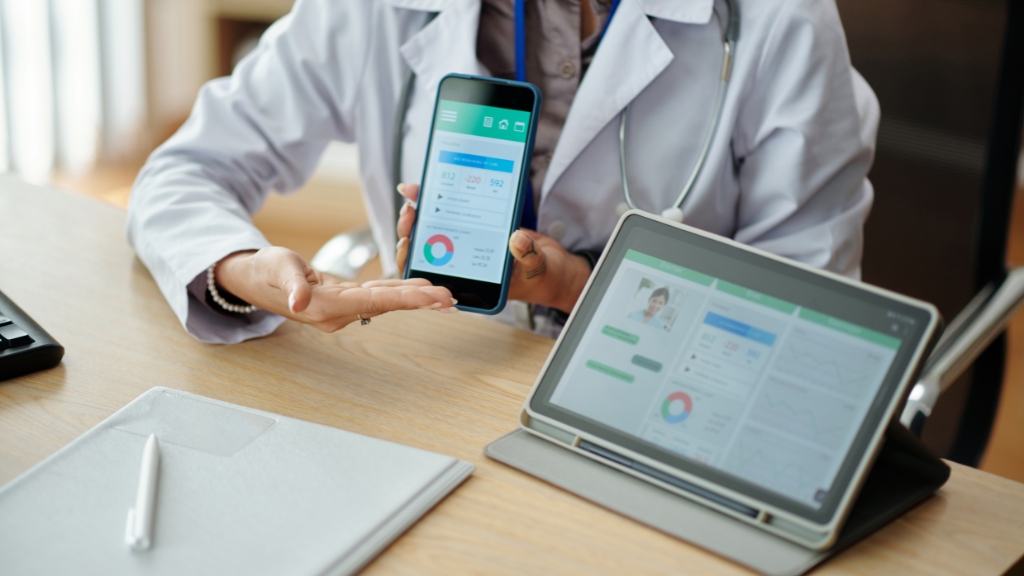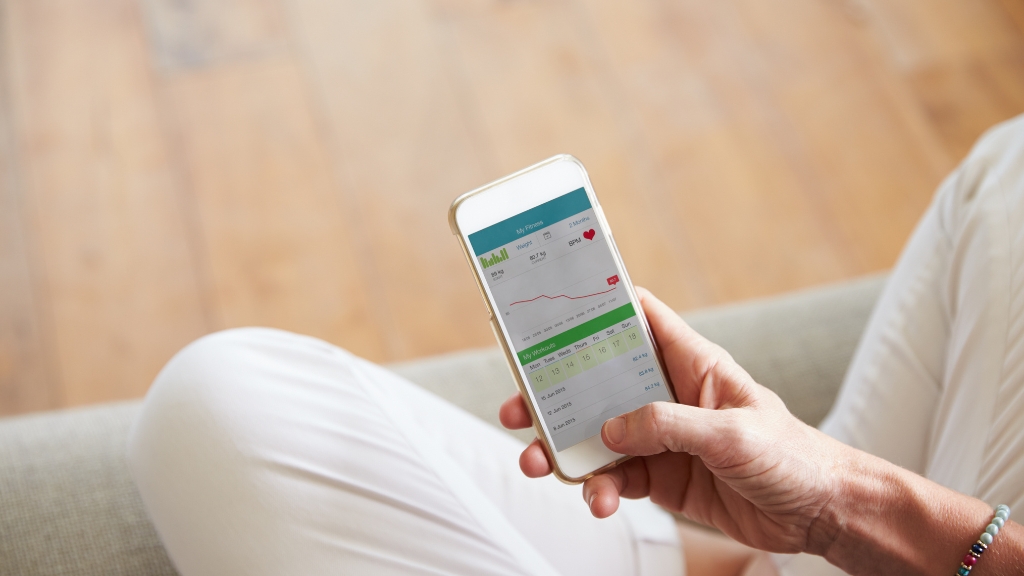
Personalized Healthcare: How Apps Customize Your Wellness
In the ever-evolving landscape of healthcare, personalized wellness is no longer a distant dream but a reality, thanks to the rapid advancements in technology. Personalized healthcare apps are revolutionizing the way we approach our health by providing tailored solutions that cater to individual needs, preferences, and goals. Here’s a closer look at how these apps are changing the wellness game and what this means for you.
The Rise of Personalized Healthcare Apps
Gone are the days when one-size-fits-all approaches were the norm in healthcare. Today, personalized healthcare apps leverage cutting-edge technology to offer customized recommendations, track health metrics, and provide insights based on individual data. These apps are designed to cater to various aspects of wellness, from fitness and nutrition to mental health and chronic disease management.
Key Features of Personalized Healthcare Apps
- Customized Health Plans: Apps analyze user data to create personalized health plans. By considering factors like age, weight, fitness levels, and health goals, these apps generate workout routines, dietary suggestions, and wellness strategies that are specifically tailored to the individual.
- Real-Time Monitoring: Advanced sensors and integration with wearable devices allow apps to monitor health metrics in real-time. Users can track their heart rate, sleep patterns, physical activity, and other vital signs, receiving immediate feedback and recommendations based on their data.
- Adaptive Recommendations: Personalized apps use machine learning algorithms to adapt their recommendations as users progress. Whether it’s adjusting exercise intensity or suggesting dietary changes, these apps evolve their suggestions based on the user’s changing needs and goals.
- Mental Health Support: Recognizing the importance of mental wellness, many apps offer features such as mood tracking, meditation exercises, and stress management tips. These tools are personalized based on user input and behavior, helping individuals manage their mental health more effectively.
- Integration with Healthcare Providers: Some apps allow users to share their health data with healthcare providers, enabling more informed consultations and personalized medical advice. This integration bridges the gap between self-care and professional healthcare.
Benefits of Personalized Healthcare Apps
- Increased Engagement: Tailored recommendations and real-time feedback keep users engaged and motivated to maintain their health routines.
- Improved Outcomes: Personalized approaches often lead to better health outcomes as recommendations are aligned with individual needs and conditions.
- Convenience: Users can access wellness resources and track their health metrics anytime, anywhere, making it easier to integrate health management into their daily lives.
Challenges and Considerations
While personalized healthcare apps offer numerous benefits, there are challenges to consider. Data privacy and security are paramount, as these apps handle sensitive personal health information. Additionally, the accuracy of recommendations depends on the quality of data input and the app’s algorithms. It’s crucial for users to choose reputable apps and consult healthcare professionals when necessary.
The Future of Personalized Healthcare
The future of personalized healthcare is bright, with continued advancements in technology promising even more sophisticated and effective solutions. As AI and machine learning continue to evolve, we can expect even more accurate and personalized wellness strategies that cater to the unique needs of each individual.
In conclusion, personalized healthcare apps are transforming the way we approach our wellness, offering customized solutions that make managing health more accessible and effective. By harnessing the power of technology, these apps are empowering individuals to take control of their health in ways that were once unimaginable.
Leave a Reply
- AI in Diagnostics: Revolutionizing Early Detection and Accuracy
- How AI and Advanced Analytics Are Transforming Healthcare Outcomes
- Investing with Confidence: The Role of ROI Calculators
- How ROI Calculators Drive Data-Driven Business Strategies
- The Ultimate Guide to ROI Calculators for Business Success
- Making Sense of ROI Calculators: A Comprehensive Guide
- June 2025 (1)
- May 2025 (1)
- October 2024 (2)
- September 2024 (31)
- August 2024 (31)
- July 2024 (27)
- June 2024 (28)
- May 2024 (30)
- April 2024 (33)
- March 2024 (23)
- February 2024 (29)
- January 2024 (3)
- December 2023 (47)
- November 2023 (36)
- October 2023 (23)
- September 2023 (2)
- June 2023 (2)
- May 2023 (13)
- April 2023 (1)




